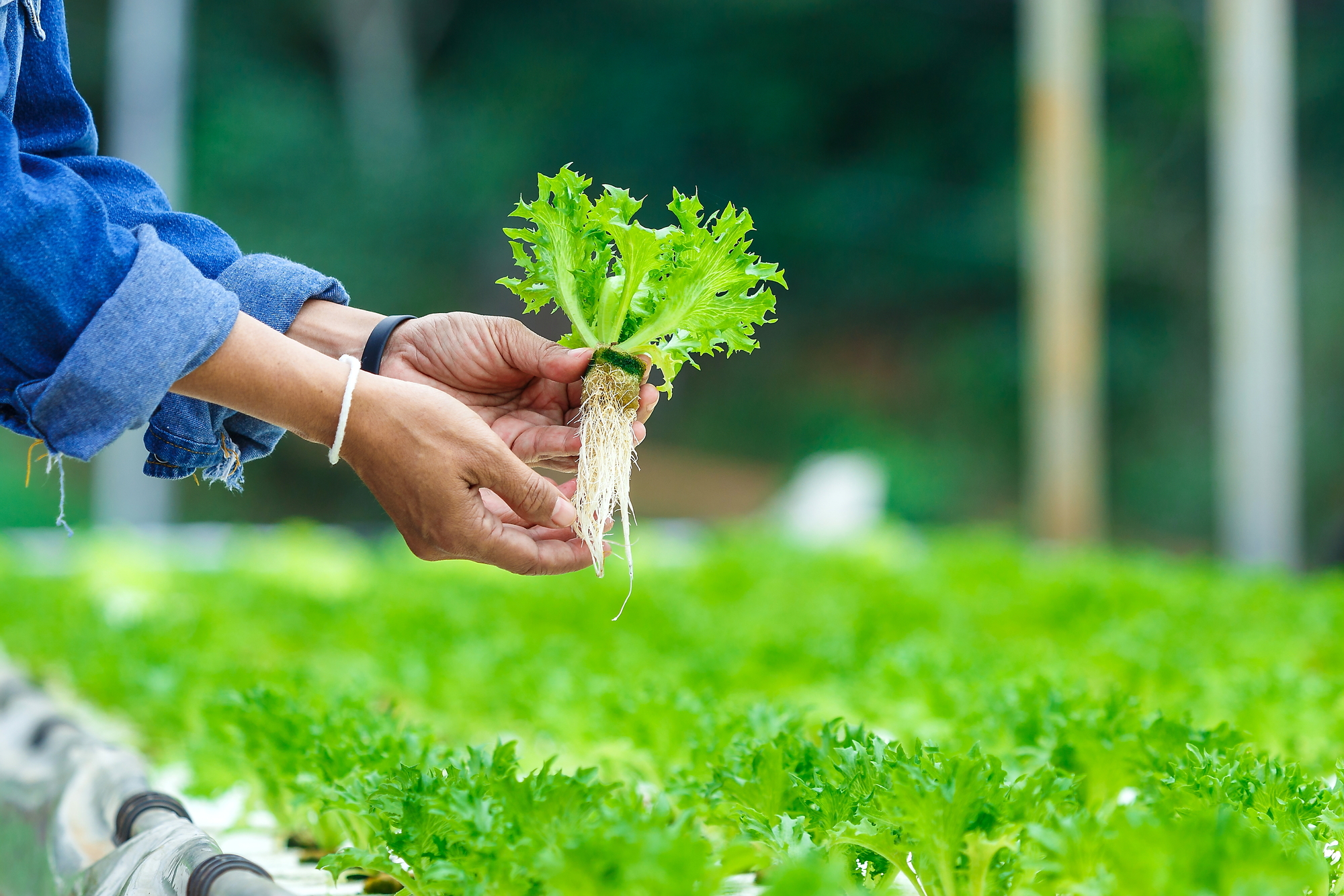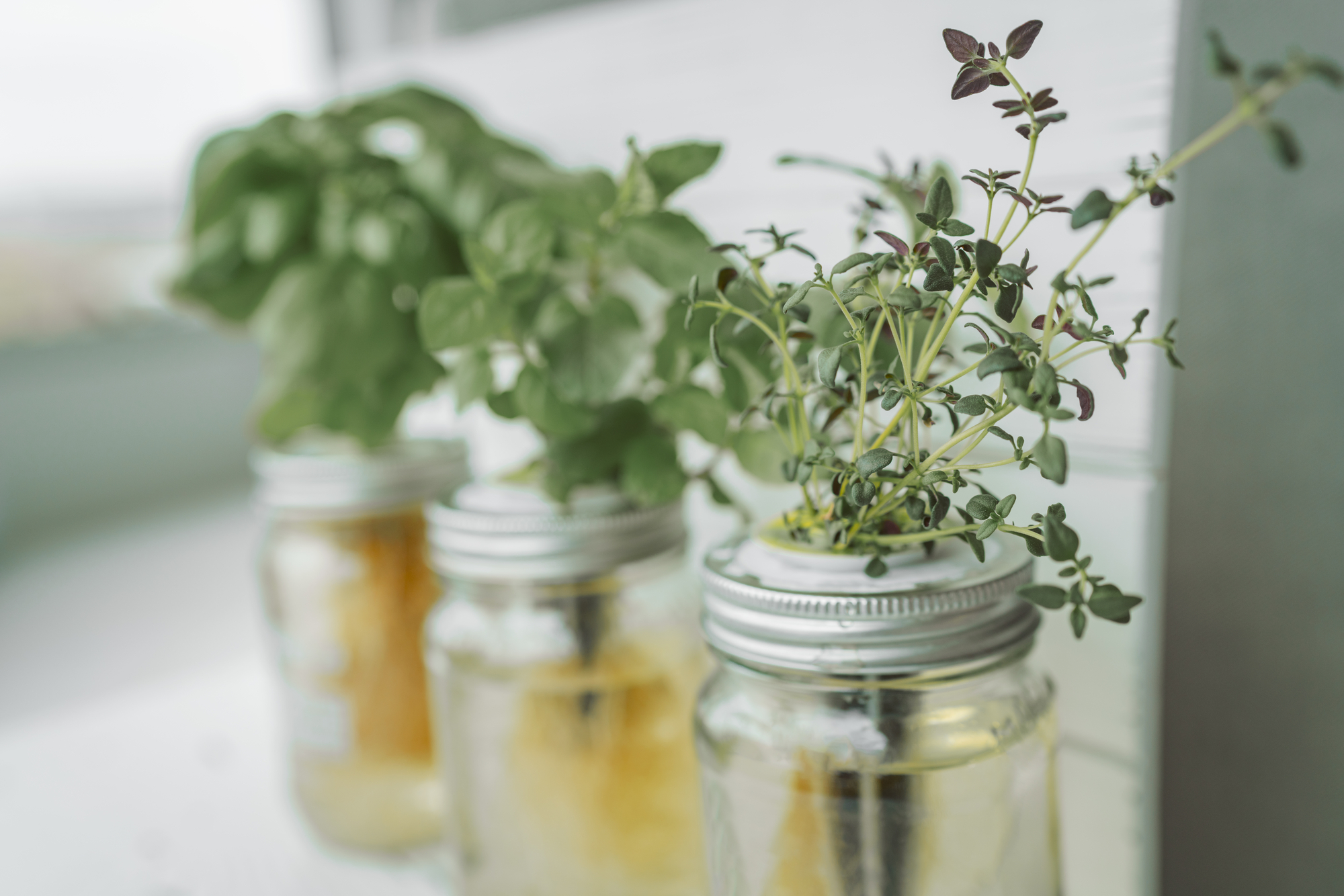Hydroponics 101
The Wonders of Hydroponics: A Dive into Soilless Farming
Hydroponics has emerged as a revolutionary agricultural method, intriguing both beginners and experts alike. If you’ve heard the term but aren’t quite sure what it means or why it matters, you’ve come to the right place. Dive in as we uncover the world of hydroponics – from its historical roots to the myriad of benefits it offers modern farmers.



Introduction to Hydroponics
What is Hydroponics?
Hydroponics is a method of growing plants without soil. Instead of drawing nutrients from the earth, plants grown hydroponically are nourished by a nutrient-rich water solution. This technique allows plants to receive the exact amount of water, oxygen, and minerals they require, often leading to faster growth and larger yields compared to traditional soil-based cultivation.
History of Hydroponics
The concept of soilless farming isn’t new; it traces back centuries. The legendary Hanging Gardens of Babylon, one of the Seven Wonders of the Ancient World, is believed by some historians to have utilized hydroponic techniques. The Aztecs, displaced from their land and forced to settle on marshy Lake Tenochtitlan, cultivated crops on rafts covered in mud, another primitive form of hydroponics.
Fast forward to more recent times, and we see scientists and researchers in the 19th and 20th centuries refining the method. Dr. William Frederick Gericke of the University of California is credited for popularizing hydroponics in the 1920s. He demonstrated that soil was not essential for plant growth, and with the right mix of nutrients, one could achieve remarkable farming results.
Benefits of Hydroponic Farming
-
Efficient Use of Water: One of the standout advantages of hydroponics is its efficient water usage. Recirculating systems mean that water is reused, leading to up to 90% less water used than traditional farming.
-
Space-Saving: Given that plants don’t need to spread their roots extensively in search of nutrients, they can be grown much closer together. This means that hydroponics can be perfect for urban settings or places where arable land is scarce.
-
Faster Growth Rates: With the optimal delivery of nutrients, hydroponically grown plants often grow faster and produce yields sooner than their soil-grown counterparts.
-
Reduced Pest and Disease Risk: Soil often harbors pests and disease. By eliminating soil from the equation, many of these threats are minimized.
-
Year-Round Cultivation: With controlled indoor setups, farmers can grow crops throughout the year, irrespective of the season.
Conclusion
In conclusion, hydroponics stands out as a promising agricultural method for the future. As we face challenges like diminishing arable land and water scarcity, turning to techniques like hydroponics might be more than just an option—it could be a necessity. Whether you’re considering a small home setup or a commercial farming venture, understanding the science and benefits of hydroponics is the first step to greener, more efficient growth.
FAQs
Stay In Contact
Drop us a note and let us know what is on your mind regarding hydroponics.
Address
2700 Brase;ton Hwy. Suite 10-244, Dacula, Ga. 30019
Phone
(706) 247-7060
